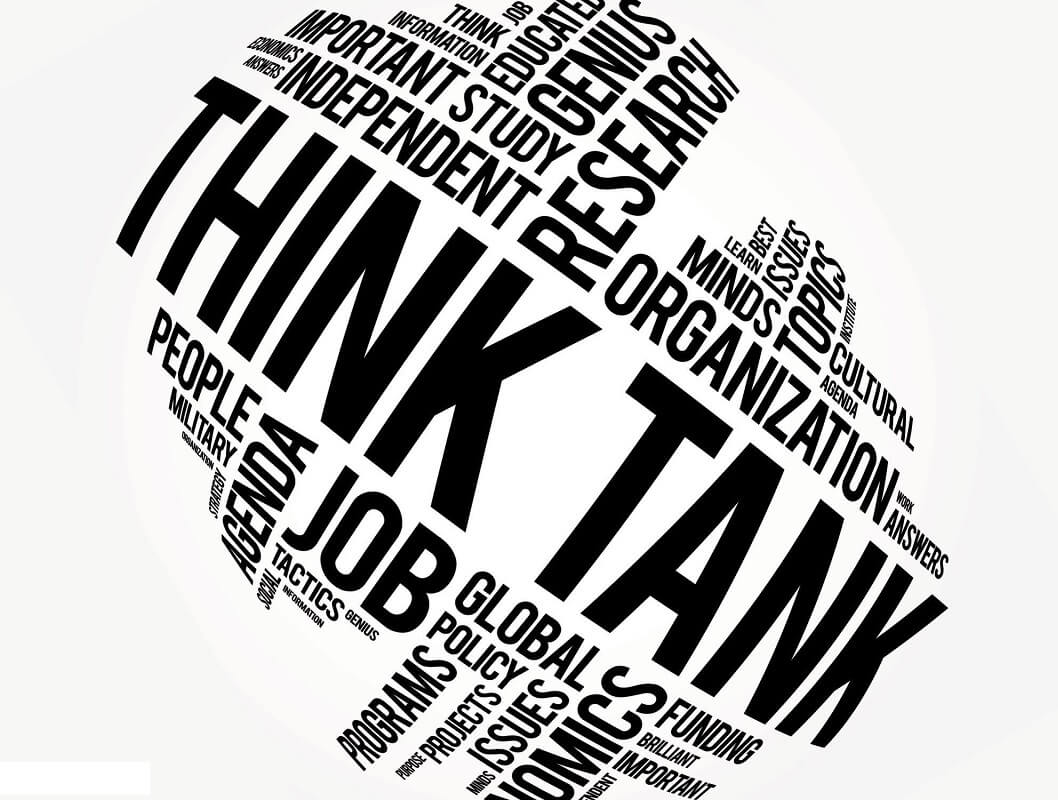The Vital Role of Independent Think Tanks in Promoting Democratic Progress in Bangladesh
Nazmul Haque | 23 March 2023
When it comes to social, economic, and political issues, developing countries like Bangladesh suffer a great deal of difficulty. These problems, which include insecurity in government and violation of human rights, poverty, and inequality, require creative responses and strategies based on facts. To deal with those types of situations, a critical role is played here by non-governmental think tanks, which provide research, analysis, and advocacy that is neutral in tone and has the ability to enrich public discourse.
The Economist Intelligence Unit placed Bangladesh at position 73 on their 2022 Democracy Index out of a total of 167 countries in terms of democratic governance, while India ranks 46th, Pakistan ranks 107th, Bhutan ranks 84th, and Nepal ranks 101st. In addition, according to the World Press Freedom Index 2022, published by Reporters Without Borders, Bangladesh ranks 162 among 180 countries, while India ranks 150th, Pakistan ranks 157th, Sri Lanka ranks 146th, Maldives ranks 87th, Bhutan ranks 33 and Nepal ranks 76th. These underscore the need for independent and unbiased voices to provide critical thoughts on the current political and socioeconomic concerns plaguing the country. Human rights violations, corruption, and poor government are some of the delicate issues that Bangladeshi think tanks work on. In addition, they (Think Tank) provide insightful commentary on a host of topics that should be addressed or addressed by other players. As an illustration, consider the violation of human rights. However, more than that, the think tanks in Bangladesh shed light on a wide range of issues typically rejected or overlooked by other actors in the country.
In addition to serving as a hub for people to meet and discuss issues, think tanks are a valuable resource for politicians. They engage the public in discussions about important issues and offer politicians evidence-based insights and recommendations. The increased transparency, better quality of policymaking, and public engagement that could result from this are all worthwhile goals.
For example, the Centre for Governance Studies (CGS) has made policy recommendations to the government of Bangladesh and other groups representing civil society after doing substantial studies on a wide range of themes pertaining to governance and human rights in Bangladesh. The Bangladesh Institute of Development Studies (BIDS) has done studies on poverty, inequality, and progress. Policymakers have been given recommendations based on this study's findings. Many people, including academics, journalists, and officials, have recognized and cited the work generated by these think tanks.
Efforts have been made in Bangladesh by the Bangladesh Centre for Development Journalism and Communication (BCDJC) to improve press freedom, raise journalistic standards, and expand educational opportunities for journalists in that country. In a similar vein, the Bangladesh Enterprise Institute (BEI) has been working to boost the private sector and entrepreneurship in the country. Considerable progress in civil society, the economy, and the media in Bangladesh may be traced back to the work of these think tanks. Moreover, they have played a crucial role in the rise of a more informed and active public conversation.
Political involvement, a lack of independence, the fear of violence and intimidation, a lack of resources, and a lack of finances are just some of the difficulties faced by think tanks in Bangladesh. The following are examples of some of these difficulties. A report by the International Centre for Not-for-Profit Law (ICNL) found that harassment, censorship, and legal limits are among the "serious hurdles" that think tanks in Bangladesh face in fulfilling their purposes. They are hindered in their missions because of these obstacles. The findings also emphasized the importance of institutional and legislative reforms in Bangladesh to ensure the freedom and security of think tanks. Throughout the text, references to these changes can be seen at various points.
To sum up, to advocate on behalf of a cause, think tanks do empirical research and analysis on the topic at hand, which has the ability to enrich and enhance both public conversation and governmental action. We must address the difficulties faced by think tanks and provide them with the autonomy, resources, and support they need to fulfill their essential role in Bangladesh's development if the country is to develop a strong and vibrant think tank industry. The health of the industry as a whole cannot be guaranteed until that happens.
Nazmul Haque is a Research Fellow at the Centre for Governance Studies (CGS). Mr. Haque is currently pursuing his Master’s in Philanthropic Studies at Lilly Family School of Philanthropy, IUPUI, Indianapolis, USA. He is working as a graduate assistant at Muslim Philanthropic Initiative (MPI) and assisting the research team of MPI. He is also an executive member of South Asia Centre for Labour Mobility and Migrants (SALAM), a knowledge hub supported by International Labour Organization (ILO), International Organization for Migration (IOM) and UN WOMEN. Mr. Haque has co-authored numerous articles (, policy briefs and also coordinated numerous research.
Views in this article are author’s own and do not necessarily reflect CGS policy.
